Ngo Thi Nham was born in 1746 into a noble family that had passed the imperial examinations for generations (the Ngo family had a group of doctors), and received the highest titles and salaries of the royal court. In the Ky Tu Muc Dinh, he wrote proudly: "Passing the imperial examinations one after another, becoming a mandarin and marquis after another, his literary style reaching China, his reputation resounding throughout the four corners of the world." (1)
Ngo Thi Nham had a career that was admired by many people, and was evaluated by Phan Huy Ich as "his writings were elegant, concise, and liberal; the more he wrote, the better it became. He covered a hundred schools of thought, controlled nine schools of thought, and his erudition and understanding became a towering flag in our Confucian forest." (3)
Looking at Ngo Thi Nham's poetry, we can see that he has a profound knowledge and a smooth writing style, although we may not see the unique and talented features of Nguyen Du, Ho Xuan Huong, Pham Thai, Cao Ba Quat... Even in his youth, Ngo Thi Nham's poetry contained many poems containing great will, expressing the desire to save the country and the world. During the period of leaving Le - Trinh to avoid the world, in his works appeared many poems expressing profound thoughts about the universe and human life, and in them emerged the spirit of a hero waiting for the right time. The poems he wrote during the Le - Trinh period often could not hide his anxious feelings before the ruined and chaotic reality.

The appearance of the hero of Tay Son hamlet fulfilled Ngo Thi Nham's desires and expectations. It can be said that Quang Trung opened up opportunities for Ngo Thi Nham's talent to be demonstrated, and Ngo Thi Nham knew how to rely on the times to affirm his ability. Under Quang Trung, Ngo Thi Nham seemed to have satisfied his desire to liberate his ability, and was once again very successful on the path of advancement. And in his works during this period, we see the joy of a person who skillfully found the harmony between personal destiny and national destiny. His poetry and literature during this period were a bold voice, his ego always appeared in a bright, majestic space.
First of all, it is the mood, attitude and action of dedication in the blossoming atmosphere of the times: “ Quan cai bat phuong tang hieu lo/ Mai hoa tao di khoat xuan hoan ” (The hat and carriage set out without hesitation to step forward in the early morning dew/ A few early plum blossoms have called spring back - Qua Hoanh Son ). The reason for such enthusiasm is because Ngo Thi Nham had truly found a soul mate. The historical poems about the oath of brotherhood in the peach garden and the three visits to the grass hut were Ngo Thi Nham's way of expressing his deep love and trust in Quang Trung and in the new opportunity. Praising the friendship in the peach garden, praising both Liu Bei and Zhuge Liang, but it was also his heartfelt sympathy for Quang Trung and for himself, because Ngo Thi Nham saw in him, King Quang Trung and in the times a supreme unity. Ngo Thi Nham wrote about his political career with pride in beautiful verses:
Nung Anh's mistake, Ngoc Tri Vien
The school was built in front of the royal palace.
…Not the four seasons of nobility and honor
The heart shines toward the sun in the sky.
(The beautiful flowers are holding their petals beside the jade steps/ Always fluttering in red, standing in attendance before the throne/ Not to show off their preciousness in all four seasons/ Just wanting to turn my pure heart towards the sun in the sky - Cung Can Hoa ).

In Ngo Thi Nham's eyes, the Quang Trung era was an extremely bright era because there was a wise king, a wise king who obeyed the will of heaven, followed the will of the people, and took care of the world. There would be no obstacle on the path of progress of the king and the country. In the article Thi ngu chu qua Ha - Trung hoi cung ky , he wrote:
Three peaches, ten thousand pieces of medicinal fish and dragon
The Northwest is where the water of enlightenment originates.
… Accepting the fact that the common man is very pleased
Pioneering boat breaking competition
(Thousands of waves rise, dragon fish swim and jump/ The northwestern sea is deep, water flows there/… The brocade sail follows the wind, many things are successful/ A poetic boat goes first, determined to push the waves forward).
The era was not only for Ngo Thi Nham to demonstrate his talent, but also the environment and reason for his poetic flow. On his journey as an envoy to the Qing Dynasty, Ngo Thi Nham did not forget to record his feelings about the country he passed through. However, here there is no longer the feeling of a wandering body like in the chaotic times. Although wandering in a foreign land, but carrying within himself the pride and excitement of a victor, a representative of a heroic nation, the scenery in his poems is always bright, majestic, and the mindset of the traveler is the mindset of a person in control of the situation:
The envoy of the young man resides in Thanh Son
Let's start together and work together to ensure peace.
…Where did the red wheel begin?
The bowl opens the mist and sees the mountain face.
( Green Mountain View )
(The envoy's flag sailed far away, stopping on Thanh Son mountain/ Waking up early, urging the entourage to saddle their horses/ … Suddenly a red glow rose from somewhere/ Opening up the smoke and mist, revealing the face of the mountain).
In the works written by Ngo Thi Nham during the Tay Son period, there are no more ruined temples and pagodas, no more flickering fishing ports… Here, people only see beautiful, magical light, bright, majestic and radiant images. There is a world sparkling with the colors of flowers, the flags, of majestic waves supporting the dragon boat, of bright red suns and white apricot blossoms blooming in the morning dew… There are no more afternoons, no more nights, all beginnings are from the dawn. The poem Dai Phong is perhaps the poem that most fully reflects this optimistic and happy spirit:
Ten thousand dragons in the Jade Emperor's boots
The prestige of the four seas and the ocean
Algae do not accumulate in the autumn harvest season
The old sun is still in the sky
The past is gone, there is no dust left.
Return to the old house to find the old house
The lonely wanderer
The clouds on the west wall are my hometown.
(A thousand dragons were hovering around the Jade Emperor/ When his power spread across the four seas/, they suddenly flew away together/ Sweeping away the thick smoke, brightening the autumn color/ In the middle of the sky, the sun shone brightly as before/ All the dust in the world was blown away/ Returning home, I saw my prosperous home/ Sitting alone, my shirt open, enjoying the cool breeze, reciting a wandering verse/ That auspicious cloud in the western sky is my homeland).

Basically, Ngo Thi Nham's works can be divided into two periods: the period under the Le Dynasty - Trinh Lord and the period when he worked for Tay Son. In each period, his poems and prose contained a different sentiment as analyzed above. In addition, he also left behind a number of political works, which are a system of edicts, memorials, and letters written in his position or on behalf of King Quang Trung.
However, looking at his overall writing career, we can see that in many aspects: motives, purposes, creative inspirations... all have the same starting point of the ambition to liberate capacity, the love for the people and the country. Ngo Thi Nham, a man who knows how to choose a way of life, has experienced many states of reality, tasted both bitterness and sweetness, and lived a life, a life of extremely rich activities that seem to be rarely seen in history.
The tragic death after the revengeful beating of Dang Tran Thuong - an old friend - in front of the Temple of Literature has put him in the ranks of people with tragic and strange fates in the history of characters and Vietnamese literature, and therefore, it is a fate that is difficult to comment on. However, Ngo Thi Nham lived a life and died a death that he himself could have been very proud of, as well as future generations could be proud that the nation had a writer like him.
Note:
(1). Quoted from: Vu Khieu, “Introduction”, Selected Poems of Ngo Thi Nham, Literature Publishing House, Hanoi, 1986, p.10
(2). His father, Ngo Thi Si, also acknowledged his talent. In a letter to his son, Ngo Thi Si wrote: “My son uses his talent to meet unusual encounters, uses his mind to respond to difficult tasks, uses loyalty as an elixir to eliminate danger and dispel evil spirits. Generals and soldiers in a unit all obey orders. Enemies outside the border cannot predict his plans. Thousands of streams, thousands of miles, nowhere is considered far away. The army and kitchens are united as one person. A great man of literature and martial arts goes together, flat and rugged are considered one, it is truly worthy.” (Vu Khieu, Sdd, p.11)
(3). Quoted from Vu Khieu, op. cit., p.8.
(4). Ngo Thi Si paid great attention to the issue of harmonizing Confucian, Buddhist and Taoist ideologies. During his reign in Lang Son, he built the Tam Giao pagoda, perhaps for this purpose. The pagoda still exists next to Nhi Thanh cave (also discovered and exploited by Ngo Thi Si), in the south of Lang Son city.
(5). In a previous petition sent to Lord Trinh, Ngo Thi Nham showed his loneliness when he contrasted himself with the majority of Confucian scholars and mandarins at that time, when he wrote: “Because they (Confucian scholars and mandarins - note by the author) were not taught about virtue, there were people who were arrogant towards their superiors, thinking they were good, and were rude towards adults, thinking they were good; they did not like to correct themselves but liked to discuss national affairs… They used their sharp tongues to embellish their mysterious hearts. They used their unruly minds to cover up their cunning hearts.” (Quoted from Vu Khieu, op. cit., p.14).
Source



![[Photo] Prime Minister Pham Minh Chinh chairs meeting after US announces reciprocal tariffs](https://vstatic.vietnam.vn/vietnam/resource/IMAGE/2025/4/3/ee90a2786c0a45d7868de039cef4a712)
![[Photo] General Secretary To Lam receives Japanese Ambassador to Vietnam Ito Naoki](https://vstatic.vietnam.vn/vietnam/resource/IMAGE/2025/4/3/3a5d233bc09d4928ac9bfed97674be98)
![[Photo] Prime Minister Pham Minh Chinh chairs the first meeting of the Steering Committee on Regional and International Financial Centers](https://vstatic.vietnam.vn/vietnam/resource/IMAGE/2025/4/3/47dc687989d4479d95a1dce4466edd32)
![[Photo] Ho Chi Minh City speeds up sidewalk repair work before April 30 holiday](https://vstatic.vietnam.vn/vietnam/resource/IMAGE/2025/4/3/17f78833a36f4ba5a9bae215703da710)
![[Photo] A brief moment of rest for the rescue force of the Vietnam People's Army](https://vstatic.vietnam.vn/vietnam/resource/IMAGE/2025/4/3/a2c91fa05dc04293a4b64cfd27ed4dbe)
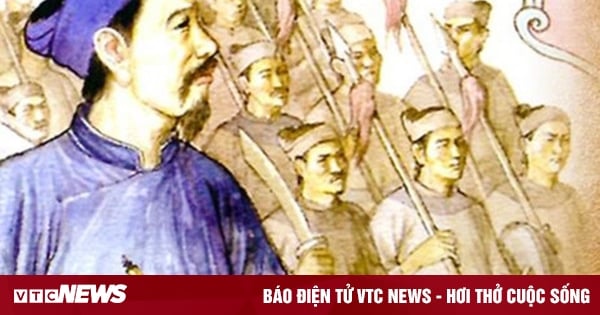



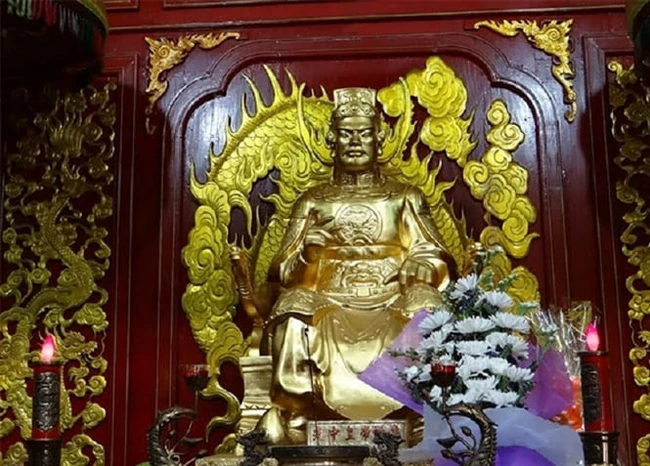

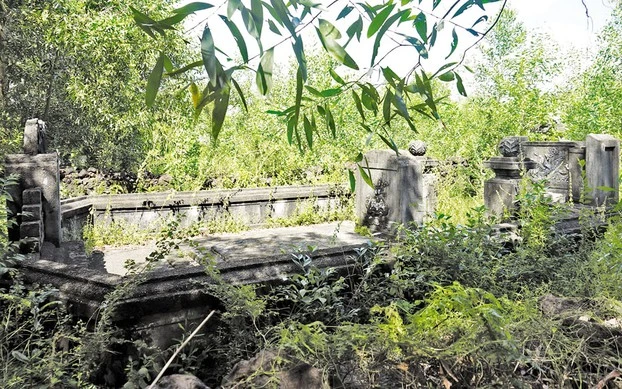

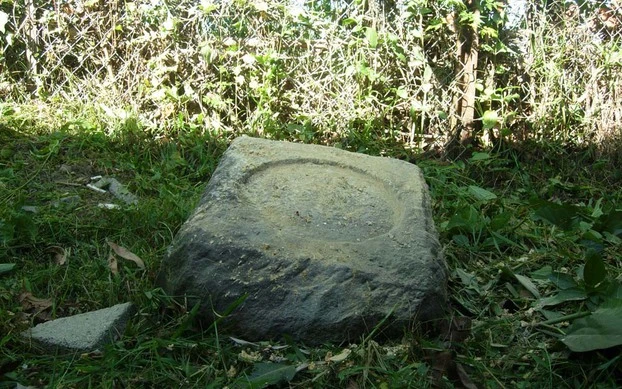
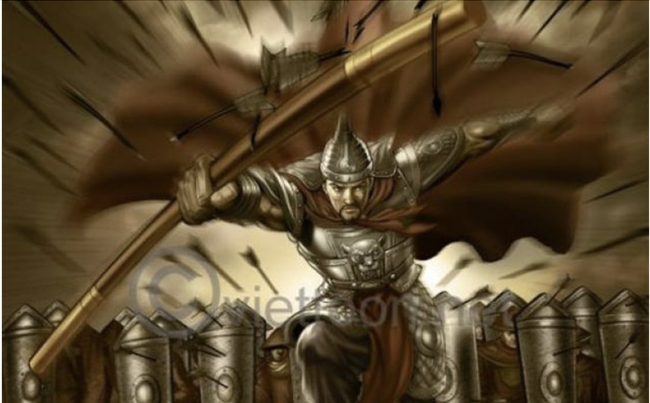

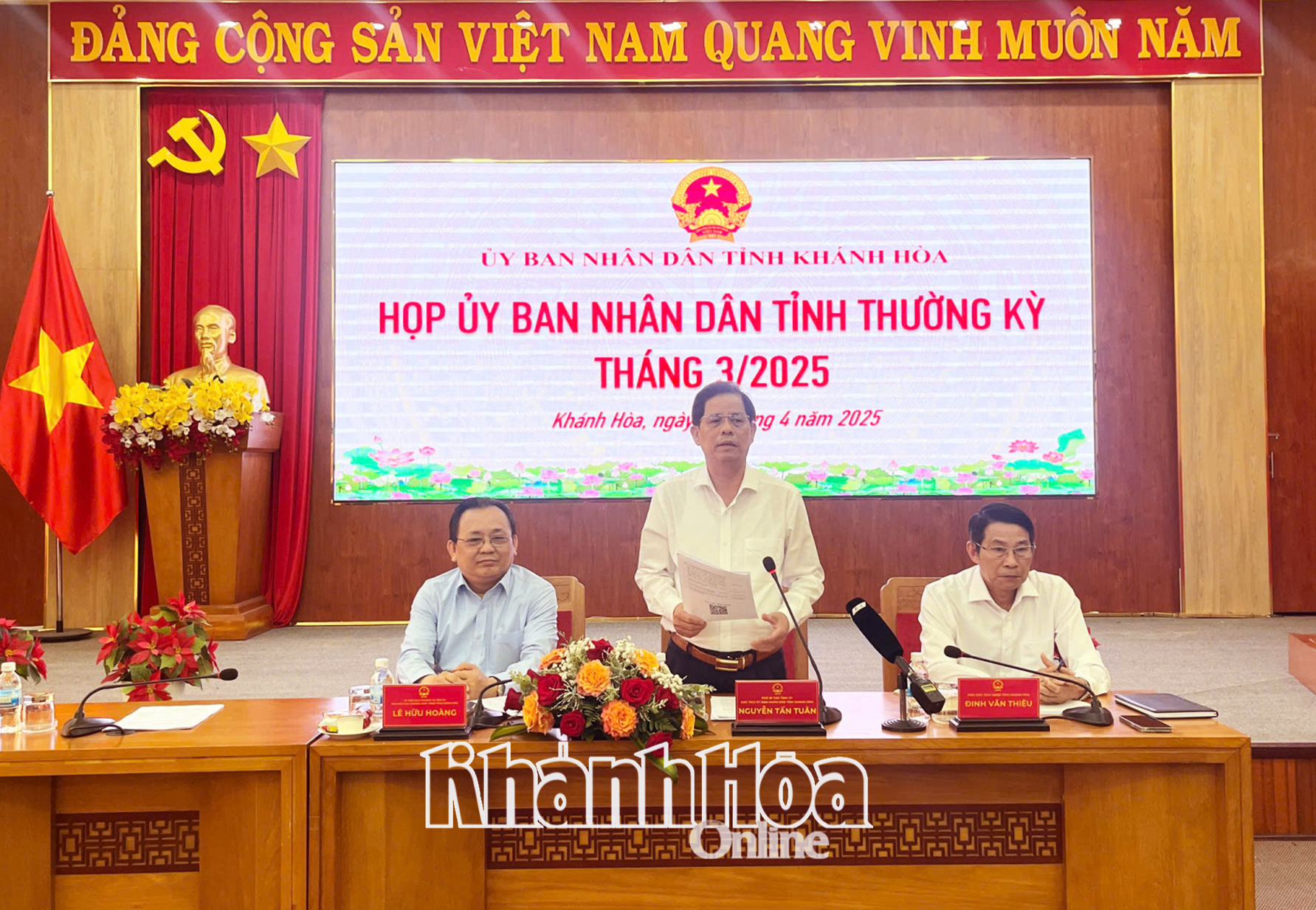
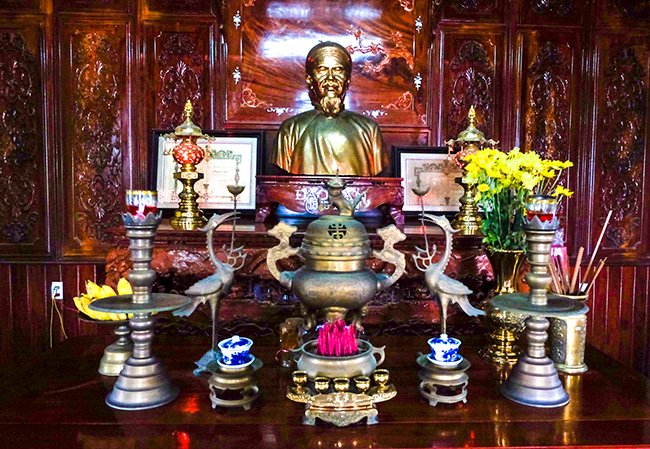
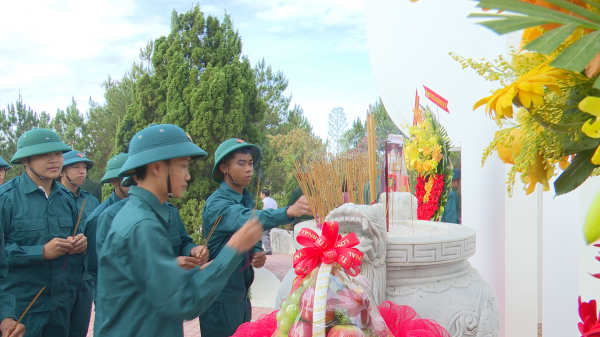

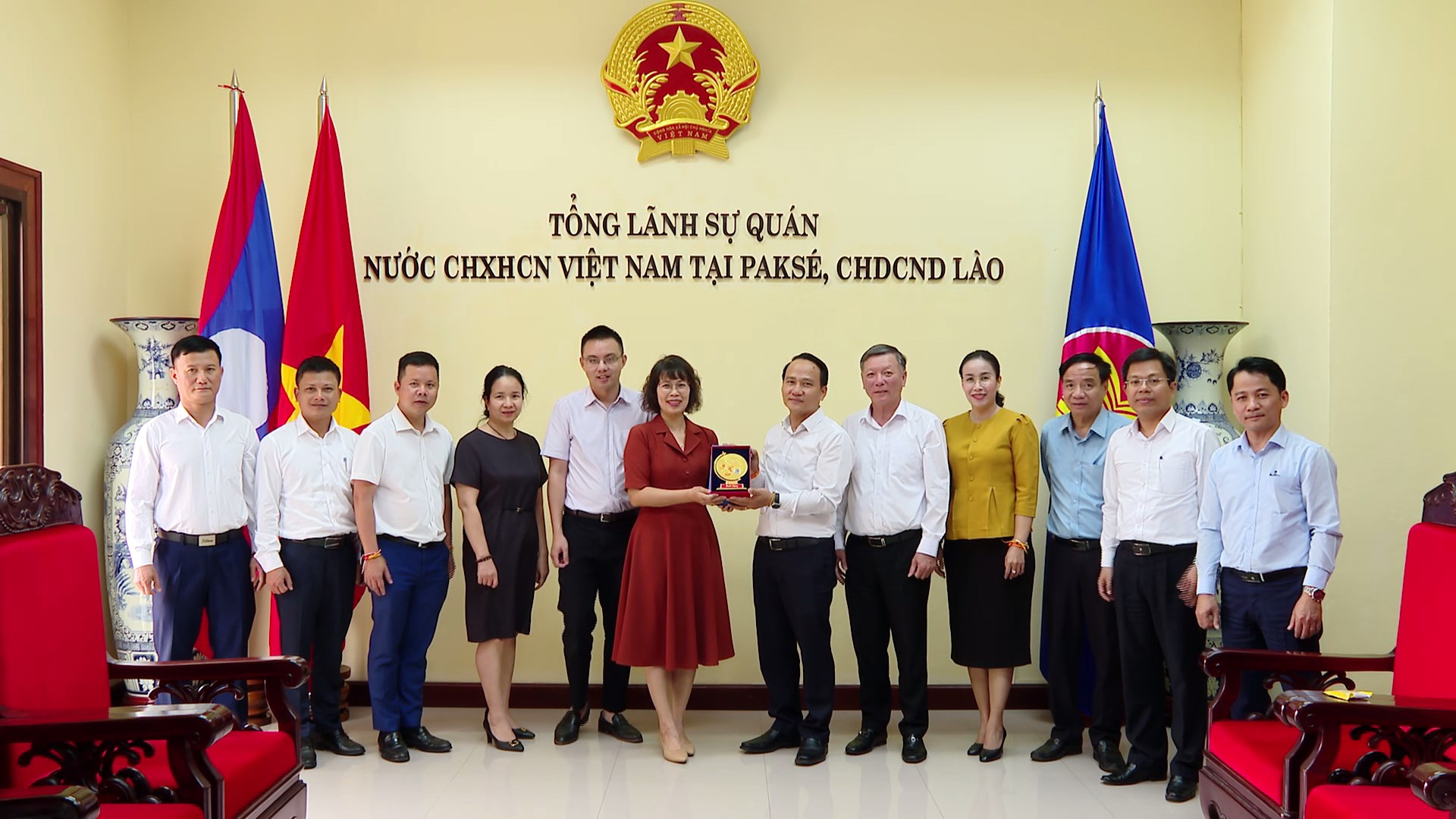
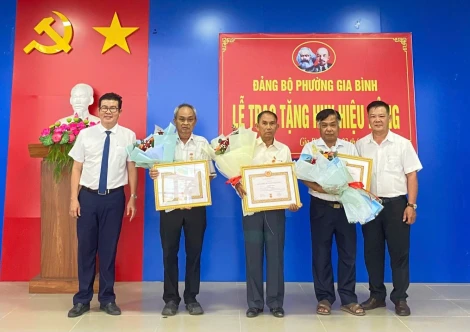




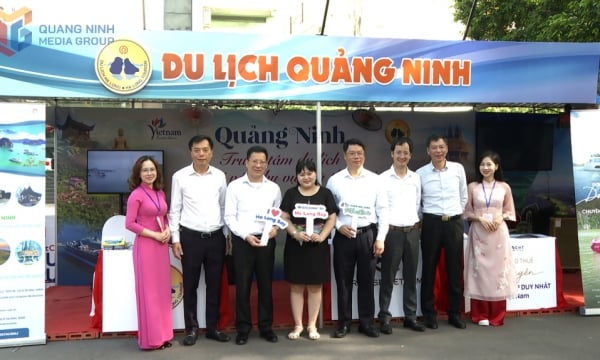
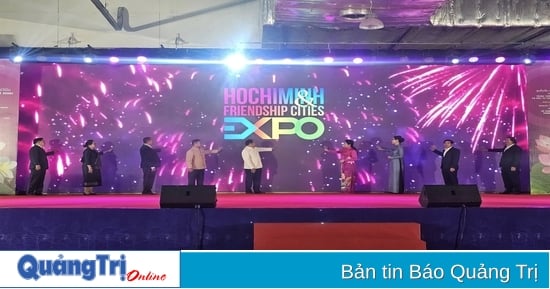
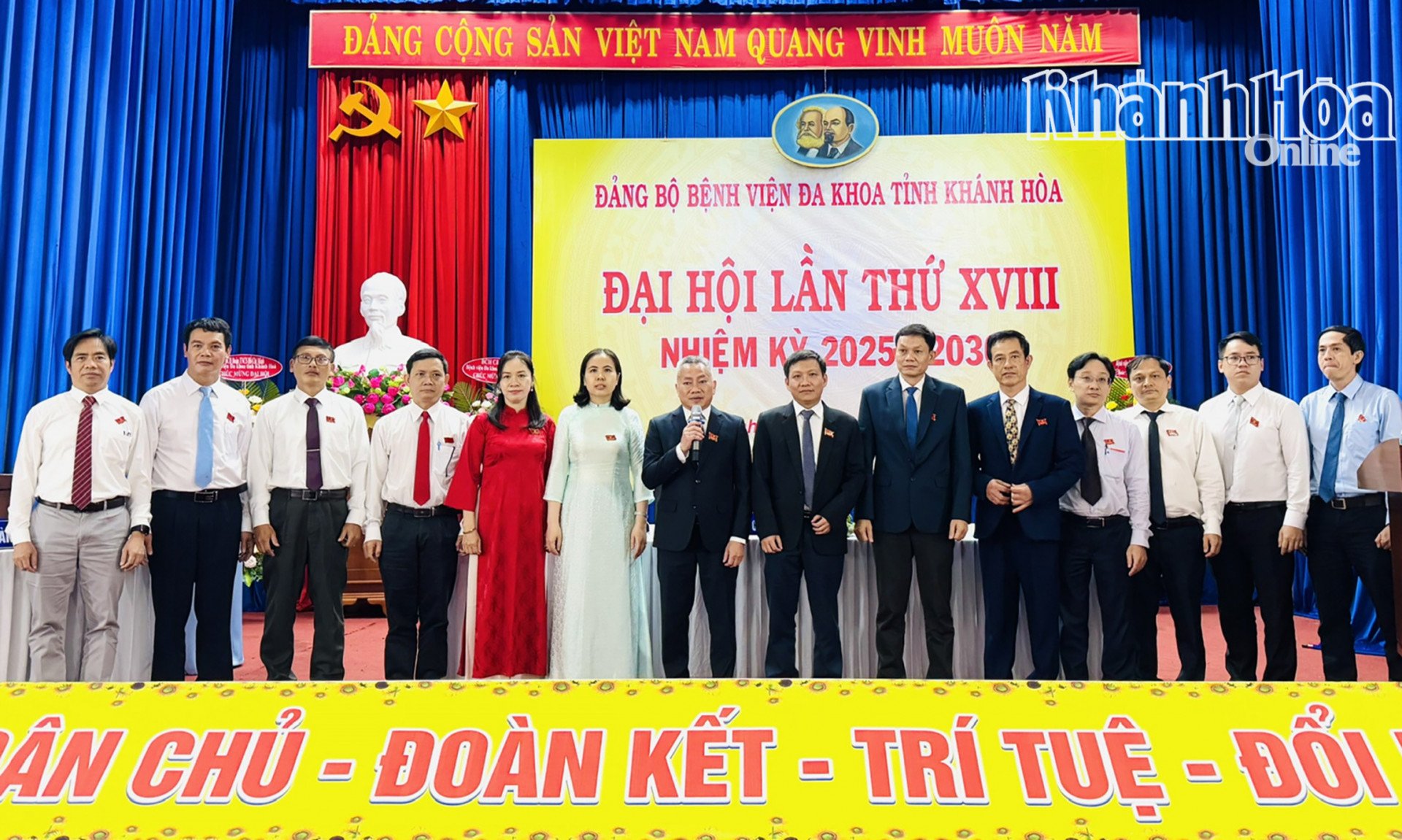

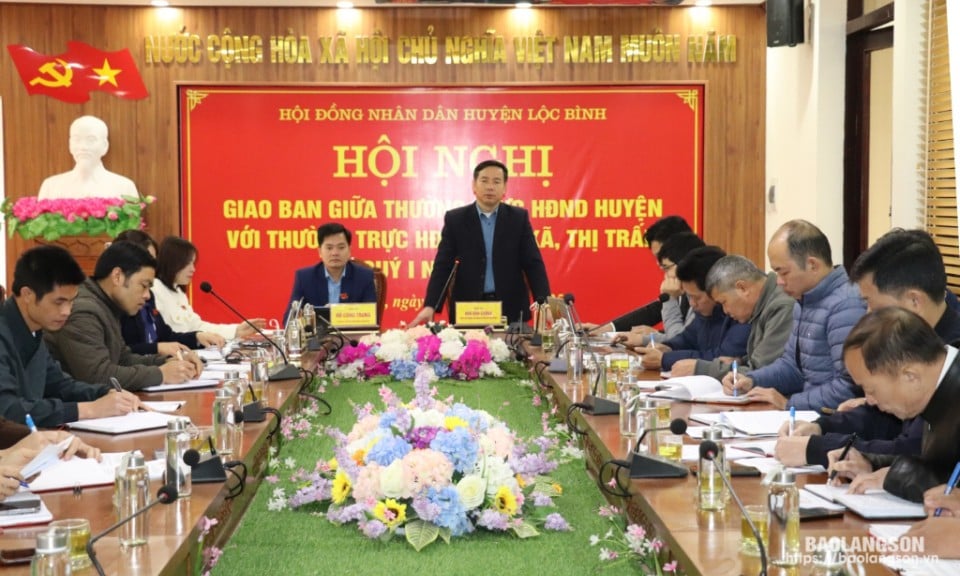
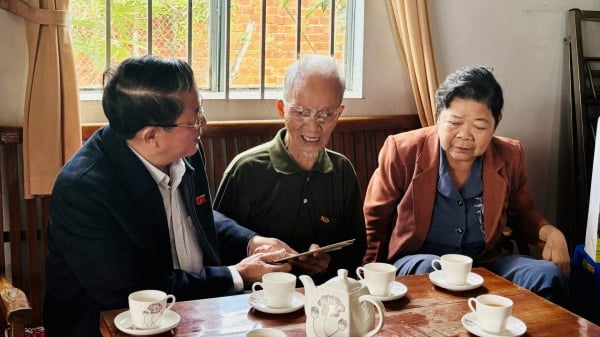











































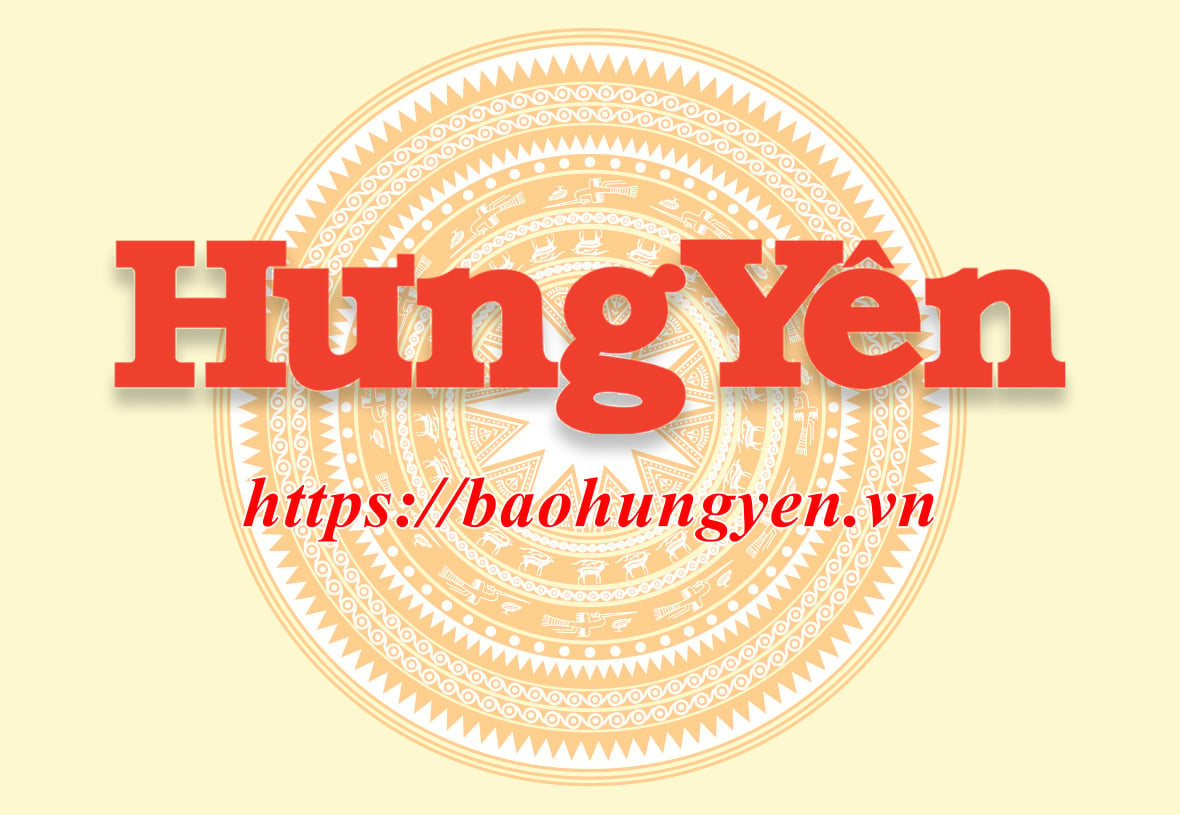

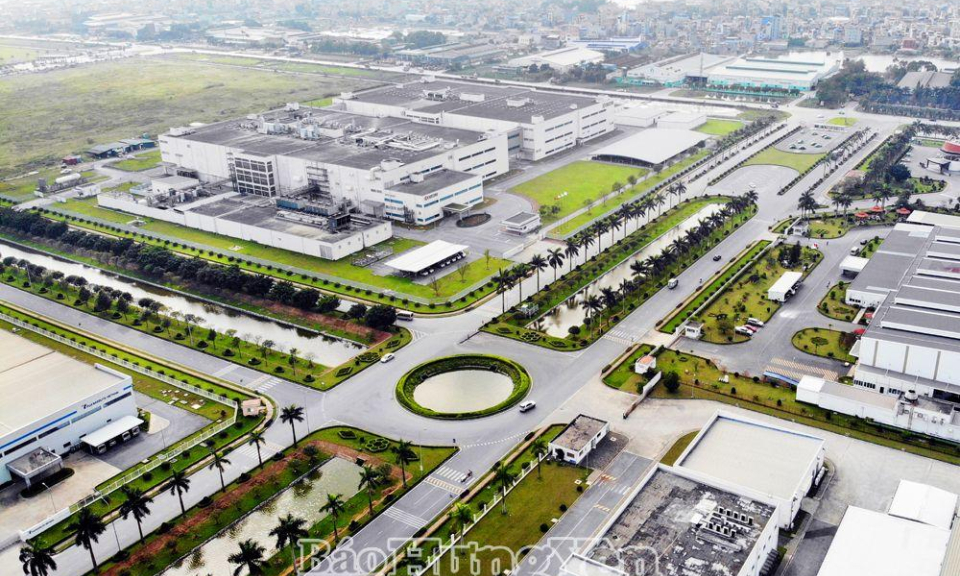












Comment (0)